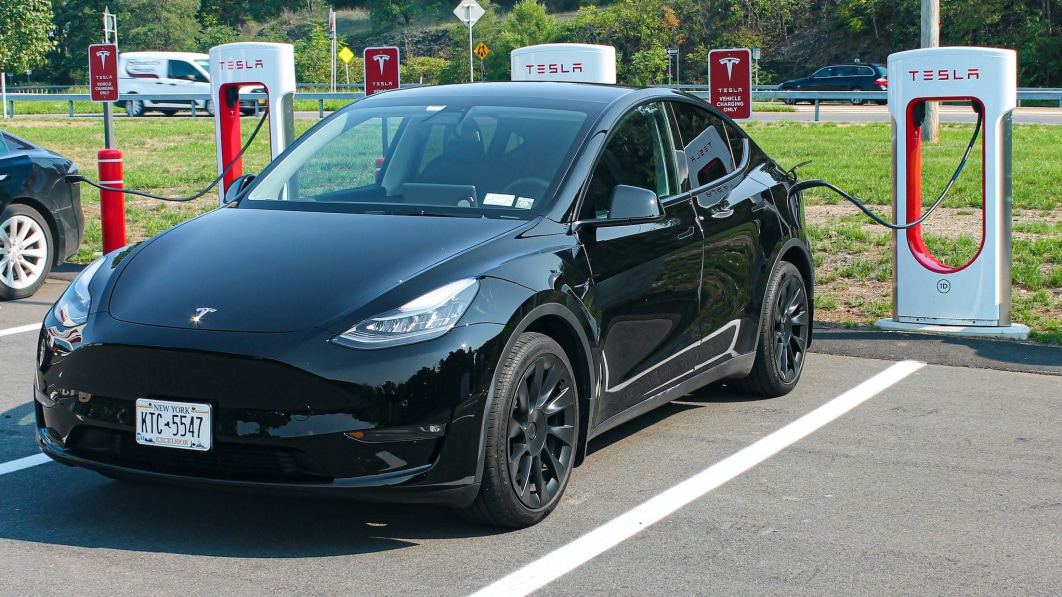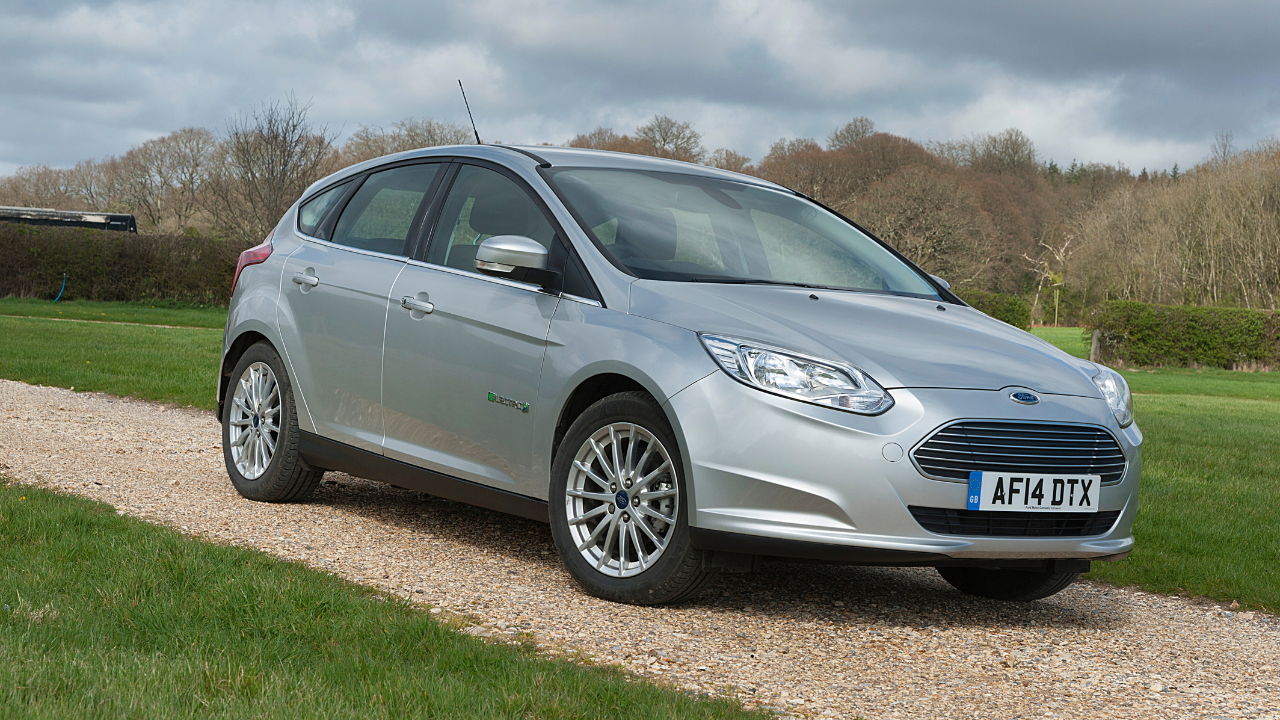
The percentage of electric-vehicle owners in the US who switch back to gas is shrinking - Autoblog
The share of households who already owned an electric car and switched back to a gas vehicle shrank from 52% to almost 35% between 2021 and 2022.

What do you define as "large cities?"Once city folk are sucked in to the electric vehicle & all the special privileges that cities are currently offering the converts, it’s easy to see why. I’d expect if you look at the raw data that you’d see a huge shift in this number showing the “retainment” of EV drivers is nearly exclusive to large cities.
Only one problem with this story, the US Government is not making it cheaper to buy EVs.
The percentage of electric-vehicle owners in the US who switch back to gas is shrinking - Autoblog
The share of households who already owned an electric car and switched back to a gas vehicle shrank from 52% to almost 35% between 2021 and 2022.www.autoblog.com
Ya. It's not rocket science.IMO, if your daily travels are less than 100 miles, you have reliable L2 charging at home and you rarely take trips longer than 200 miles (or have a gas vehicle for those purposes), you are a pretty good candidate for an EV. 95% of my immediate friends and acquaintances fit into this profile and of those who have converted, are very happy with their decision.
I wonder what the retainment of cars in general are - given you can't find much on the lot and the price is crazy.Once city folk are sucked in to the electric vehicle & all the special privileges that cities are currently offering the converts, it’s easy to see why. I’d expect if you look at the raw data that you’d see a huge shift in this number showing the “retainment” of EV drivers is nearly exclusive to large cities.
Probably 1M people in a given metro area. Population densities over 10k/square mile or so seems reasonable to call it a “large” city IMOWhat do you define as "large cities?"
Very biased report. I would expect it came out of California. The only EV's I see around here are on cars with New England license plates.
It was a question, obviously. You have to see the raw data to make a valid observation. Having dealt with production statistics for a major publicly traded company, I can tell you it’s not difficult at all to cherry-pick data and be entirely truthful in what you present, while being completely opaque in telling the actual story.Not difficult to find where the data came from. It's literally right in the article: S&P Global Mobility.
S&P, aka Standard & Poor's, aka S&P Global. Like, the same S&P Global that does the index funds and also the largest credit rating agency.
Not really the type of company that is known for bias. Actually, their reputation is based on a lack of bias.
Or is it just biased because you don't like what it says?
Lets see how happy they are with their decision in 8 years or when the battery warranty is up and they are moaning about the 20K+ replacement battery because the vehicle wont go 20 miles and has 0 value because of it. Time will tell and I cant wait to hear the horror stories. LOLIMO, if your daily travels are less than 100 miles, you have reliable L2 charging at home and you rarely take trips longer than 200 miles (or have a gas vehicle for those purposes), you are a pretty good candidate for an EV. 95% of my immediate friends and acquaintances fit into this profile and of those who have converted, are very happy with their decision.

And that would be large cities in California.Once city folk are sucked in to the electric vehicle & all the special privileges that cities are currently offering the converts, it’s easy to see why. I’d expect if you look at the raw data that you’d see a huge shift in this number showing the “retainment” of EV drivers is nearly exclusive to large cities.
The writing is on the wall, this is going to be a huge problem! It will probably have little effect on the people that can afford a new one and trade it in before the tires are worn out or the ash try is full but its going to ruin lower/middle class used car buyers (that is the plan anyway, put them on mass transit that doesnt exist in many places and never will).Only $14,000 to replace the battery on a 60K mile Ford. No thank you.

Florida family drives into electric car problem: a replacement battery costs more than vehicle itself
A Florida family ran into a major problem after buying an electric vehicle, the replacement battery costs more than they bought the car for.www.foxbusiness.com
